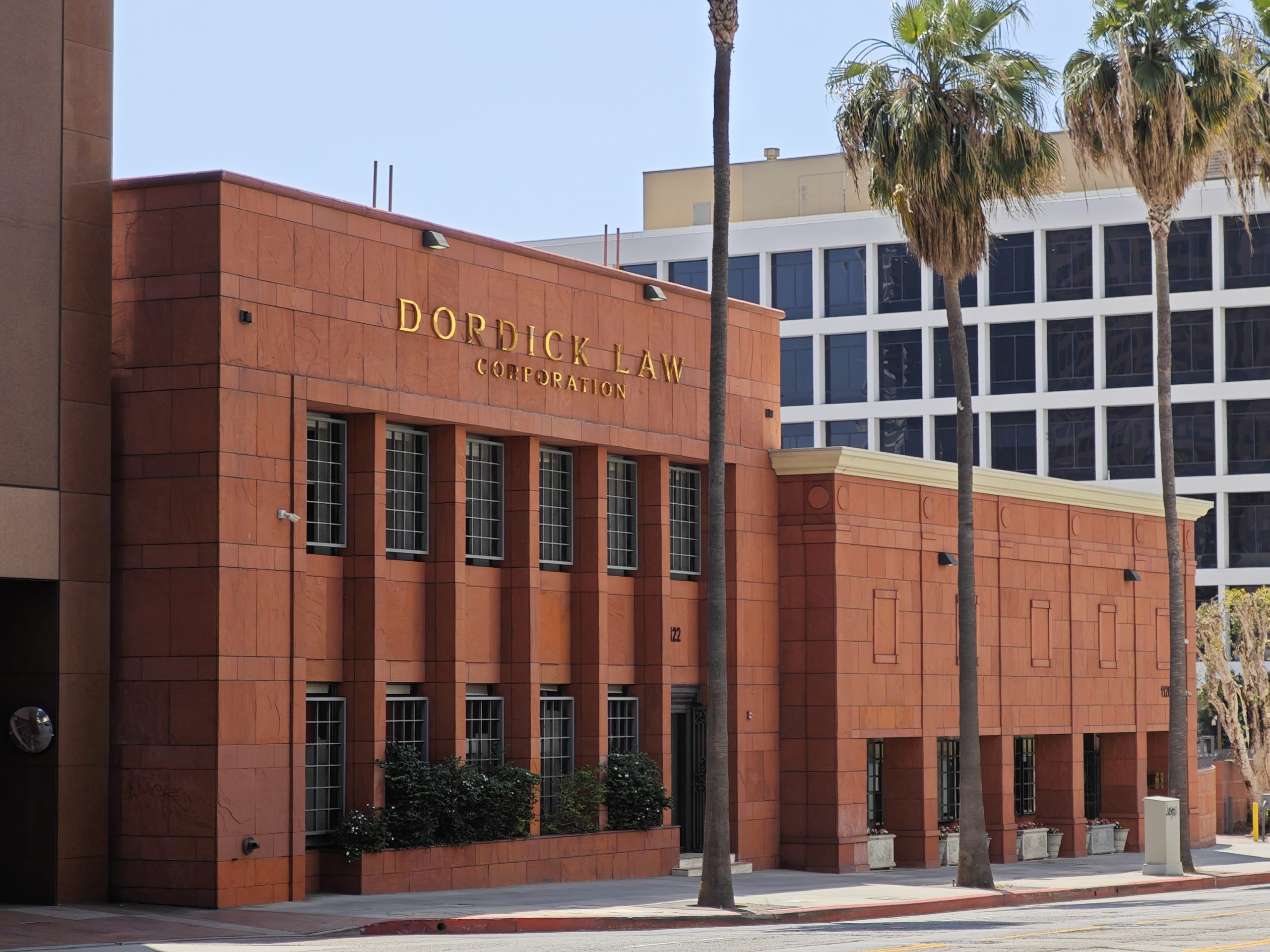
Thankful for legal Protections: Reflecting on Police use of Force and Misconduct Reforms in California
This Thanksgiving, as we take time to appreciate what we are thankful for, it’s important to also reflect on the freedoms and rights we enjoy that ensure our lives, liberties, and property remain safeguarded. The 4thand 5th Amendments are foundational to our civil liberties, protecting us from unwarranted searches, seizures, and deprivation of rights without due process. But in recent years, California has taken significant steps to strengthen those protections, particularly in the realm of police use of force and misconduct.
In 2019, California passed a landmark AB 392 law that changed how police use of force is evaluated. These changes are an important step towards ensuring fairness, transparency, and accountability in law enforcement, and they resonate deeply with the principles enshrined in the 4th and 5th Amendments. Let’s take a closer look at these legal reforms and why we can be thankful for the protections they provide.
Police Use of Force and Misconduct in California
The 4th and 5th amendments: protecting our rights
The 4th Amendment protects citizens from unjustified searches and seizures by the police. This means that law enforcement must have a valid reason—such as probable cause—before they can search a person or their property. It also ensures that police cannot stop and search someone without a reasonable suspicion of criminal activity.
For example, the police must obtain a warrant based on probable cause before they can search your home, vehicle, or personal belongings. If they stop you on the street, they must have reasonable suspicion of wrongdoing to frisk you or search your person.
California’s AB 392 law, which redefines when police can use deadly force, is a critical piece of legislation that aligns with the 4th Amendment’s focus on limiting unwarranted government action. It permits officers to use deadly force only against an imminent threat of death or serious bodily injury to the officer or another person. The law reinforces the principle that law enforcement must justify their actions and ensure they don’t overstep their bounds.
The 5th Amendment guarantees that no one can be deprived of life, liberty, or property without due process of law. This means the government must follow fair legal procedures before taking any significant action against you—whether it’s criminal charges, the seizure of property, or even death in a police encounter.
In the context of police use of force, the 5th Amendment ensures that people are not deprived of their rights arbitrarily or without the opportunity to contest the charges. It provides the procedural safeguards necessary to ensure fairness in any government action.
California’s AB 392 also aligns with the 5th Amendment by requiring that police actions are thoroughly scrutinized and that there are legal mechanisms in place to contest improper use of force. If the government—whether through police action or other means—seeks to infringe upon your rights, they must follow specific steps that allow you to challenge those actions.
Tips to ensure Your 4th and 5th amendment rights are protected
While legal protections under the 4th and 5th Amendments are essential safeguards against government overreach, it’s important to be proactive about protecting your rights. Here are some practical tips to help ensure that your freedoms are respected:
1. Know your rights during police encounters
- Don’t consent to a search: If a police officer asks to search you or your property, you have the right to refuse. You can politely say, “I do not consent to this search.” Keep in mind, if the police have probable cause or a warrant, they may still proceed.
- Understand stop-and-frisk rules: Police cannot stop you without reasonable suspicion. If you’re stopped by law enforcement, ask, “Am I free to leave?” If the answer is yes, calmly walk away. If not, you may have the right to ask why you’re being detained.
- Request legal representation: If you are arrested or questioned, you have the right to remain silent and to have an attorney present. Use it. You don’t have to answer questions without a lawyer.
2. Document your encounter with the police (If safe to do so)
- Be respectful: Remain calm and respectful to the officers. Filming should be done discreetly and without interfering with the officers’ actions.
- Know local laws: Some states have specific laws about recording police officers. In California, you have the right to record police officers in public spaces if you do not obstruct their duties.
3. Understand your right to due process
If you’re involved in any legal matter—whether it’s a traffic violation, criminal charge, or other government action—make sure you understand your due process rights. This means:
- Right to notice: You must be informed of what charges or actions are being taken against you. This includes receiving proper documentation and having the opportunity to contest any accusations or charges.
- Right to a fair hearing: If the government seeks to take action against you (such as a property seizure or criminal charge), you have the right to a hearing where you can present evidence and call witnesses.
4. Report misconduct and seek accountability
If you believe your 4th or 5th Amendment rights have been violated by law enforcement (illegal search or excessive force), act:
- File a complaint with the police department or an oversight agency: California has various oversight bodies that can investigate police misconduct and hold officers accountable for violating your rights.
- Consult an attorney: If you believe your rights have been infringed upon, an attorney can help you understand your options, including filing a lawsuit or pursuing other legal remedies. At Dordick Law we defend your rights at any cost. If you want to book a free consultation with us, click here.
Grateful for Legal Protections and Progress
As we gather to celebrate Thanksgiving, we have much to be thankful for—including the continued protection of our civil liberties. AB 392 ensures that our rights to privacy, fairness, and due process are protected from unwarranted police action. At Dordick Law, we give thanks for these legal safeguards that help preserve our freedoms and protect us from arbitrary government actions. We can also be thankful for ongoing efforts to improve these protections, making our society safer, more just, and more equitable for all. Happy Thanksgiving!



